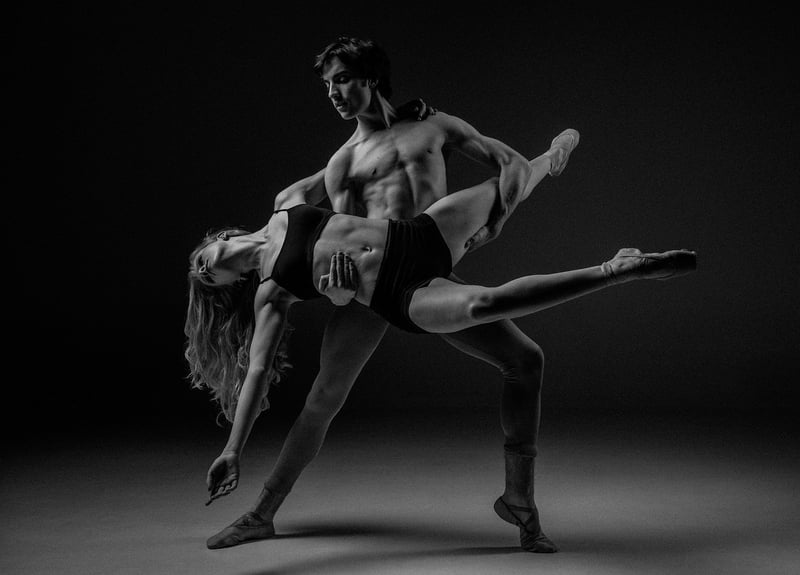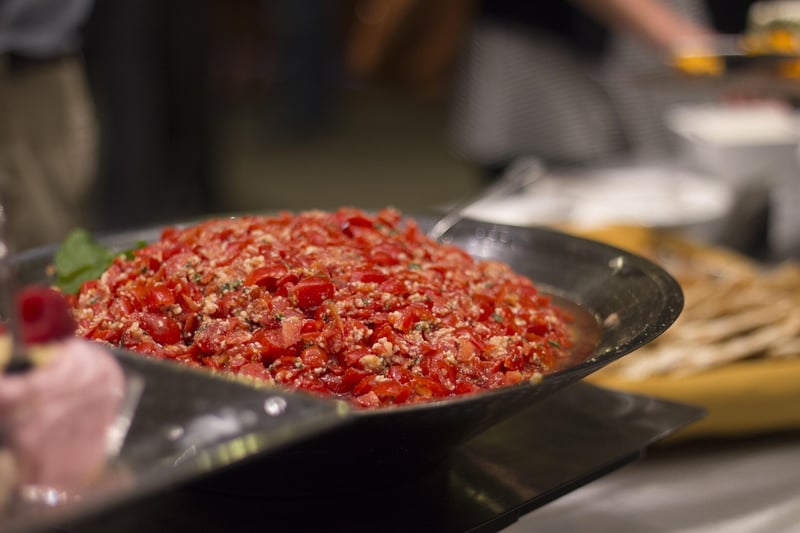Salsa
Exploring Expressive Movement Forms: Salsa Dance
Salsa dance is a vibrant and energetic form of social dance that originated in the Caribbean. It is known for its infectious rhythm, lively music, and expressive movements that captivate both dancers and spectators alike. Salsa is not just a dance; it's a cultural experience that embodies passion, joy, and connection.
The Origins of Salsa
Salsa has roots in several Latin American and Afro-Caribbean dance styles, including Cuban Son, Mambo, Cha Cha Cha, and Puerto Rican Bomba. The fusion of these influences gave birth to what we now know as salsa, a dynamic and versatile dance form that has evolved over time.
Key Elements of Salsa Dance
When dancing salsa, performers engage in intricate footwork, sharp turns, and playful body movements that reflect the music's rhythmic patterns. The dance is characterized by its syncopated steps and hip movements that add flair and personality to each performance.
Expressive Movements in Salsa
Expressiveness is at the core of salsa dance. Dancers use their entire bodies to convey emotions, tell stories, and connect with their partners and the audience. From sultry body rolls to dramatic dips and lifts, salsa allows for a wide range of movements that showcase individual style and creativity.
Benefits of Dancing Salsa
- Improves cardiovascular health and stamina
- Enhances coordination and balance
- Boosts mood and reduces stress
- Builds confidence and self-expression
- Fosters social connections and community
Get Started with Salsa
Whether you're a seasoned dancer or a complete novice, salsa offers something for everyone. Joining a salsa class or social dance event is a fantastic way to immerse yourself in this vibrant art form, meet new people, and enjoy the thrill of moving to the music.
So put on your dancing shoes, feel the rhythm of the music, and let the magic of salsa sweep you off your feet!

Image Source: Pixabay
